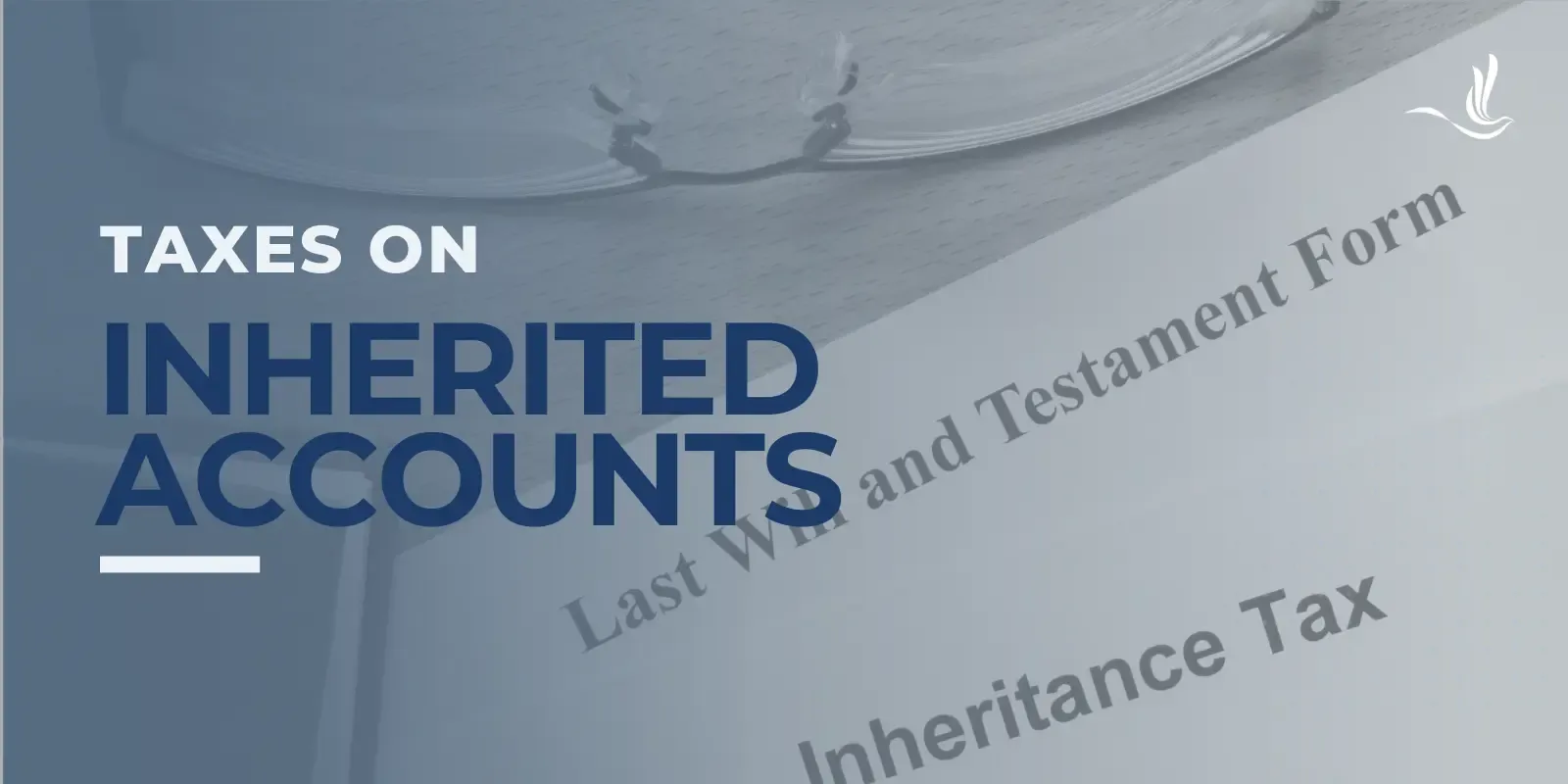Fannie Mae is lowering its minimum 620 middle credit score requirement for purchases and refinance loans—a move that could broaden access to homeownership for borrowers with thinner credit files or lower scores.
Following Freddie Mac’s lead, Fannie Mae is removing the threshold from its Desktop Underwriter (DU) eligibility determination system. While DU may no longer require a credit score, it will continue to evaluate loans using a comprehensive set of credit risk criteria to determine whether they qualify for sale to Fannie Mae.
The impact on homebuyers could be significant, even though Fannie Mae and Freddie Mac do not originate mortgages directly. These entities purchase loans from other mortgage lenders, but lenders often check borrower eligibility in DU and Freddie Mac’s platform before issuing loans.
The policy shift could especially benefit “near-miss” borrowers: those with consistent income or cash reserves but credit scores that previously fell just below the 620 cutoff.
Still, Fannie Mae will continue to weight multiple risks, including property attributes, occupancy status, whether the loan is a purchase or refinance, borrower debt levels, and available cash reserves.
An Older Homebuyer
This change in eligibility criteria comes amid mounting challenges for younger consumers trying to buy homes. According to the National Association of Realtors, the median age of a first-time U.S. homebuyer has climbed to a record 40 years old—a sharp jump from 33 just five years ago.
At the same time, first-time buyers now account for less than a quarter of all home purchases, the lowest share in nearly 45 years.
Gauging the Risk
Although removing credit scores from the mortgage eligibility equation could open the door for more buyers, credit scores are still a critical measure of borrowers’ ability to repay loans—and a key indicator of broader economic health.
Recent data from credit bureau TransUnion found a widening divide in consumer credit profiles, with borrowers classified as either super prime or subprime, leaving fewer in the mid tier.
This polarization has been driven by long-term economic turmoil and rising household debt.
In addition to credit card debt, which has been hovering near all-time highs, more consumers are taking on unsecured personal loans, and auto loans have veered into delinquency. Since Fannie Mae and other mortgage lenders must still consider this debt when determining loan eligibility, it’s unclear whether removing the credit score requirement will meaningfully expand access to homeownership.
Disclaimer: This story is auto-aggregated by a computer program and has not been created or edited by finopulse.
Publisher: Source link








